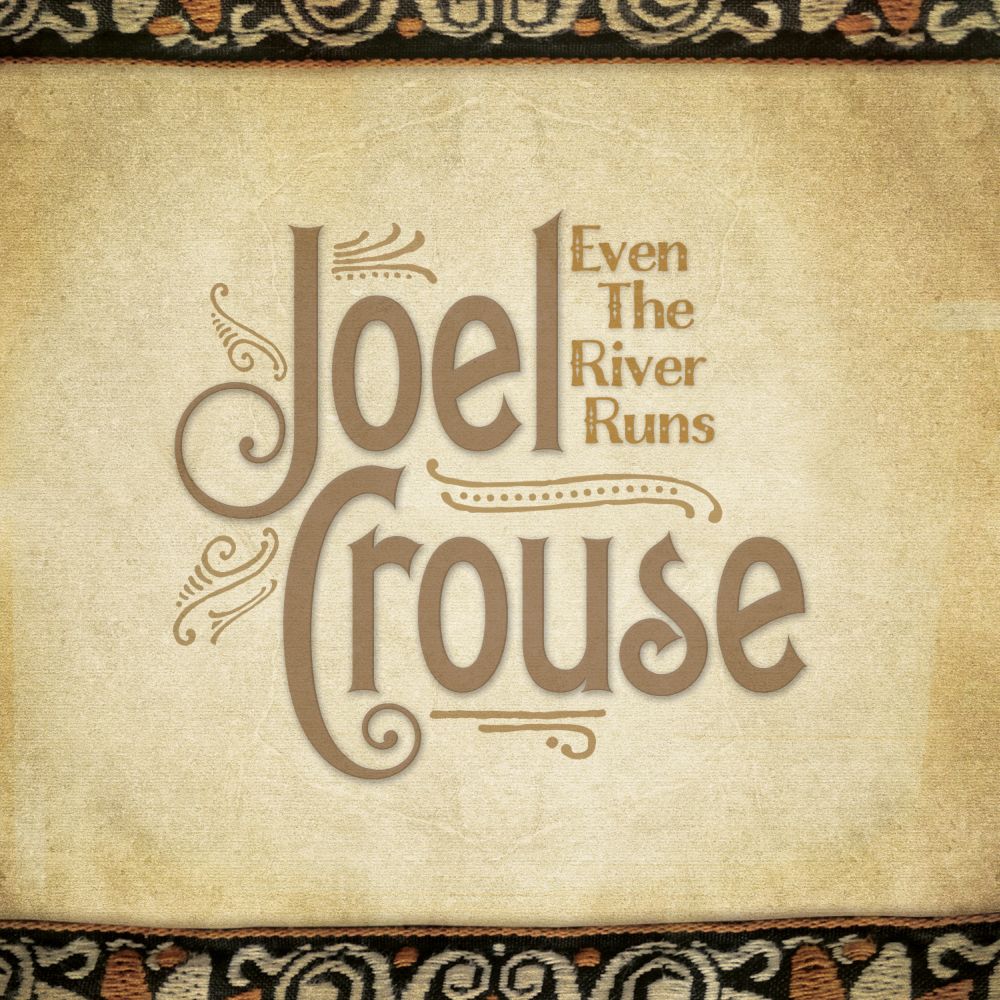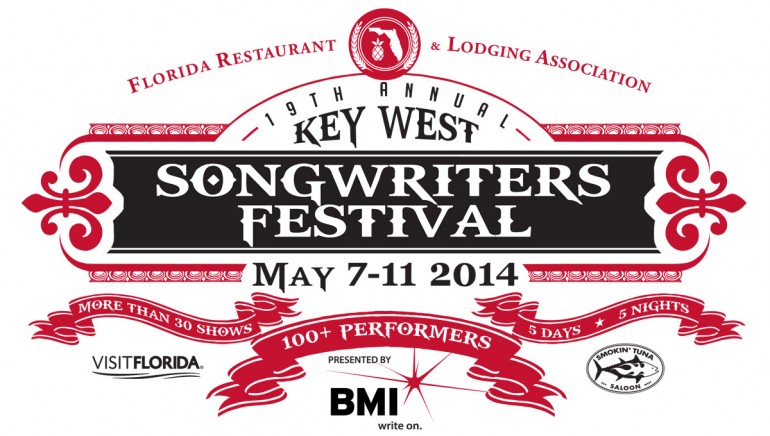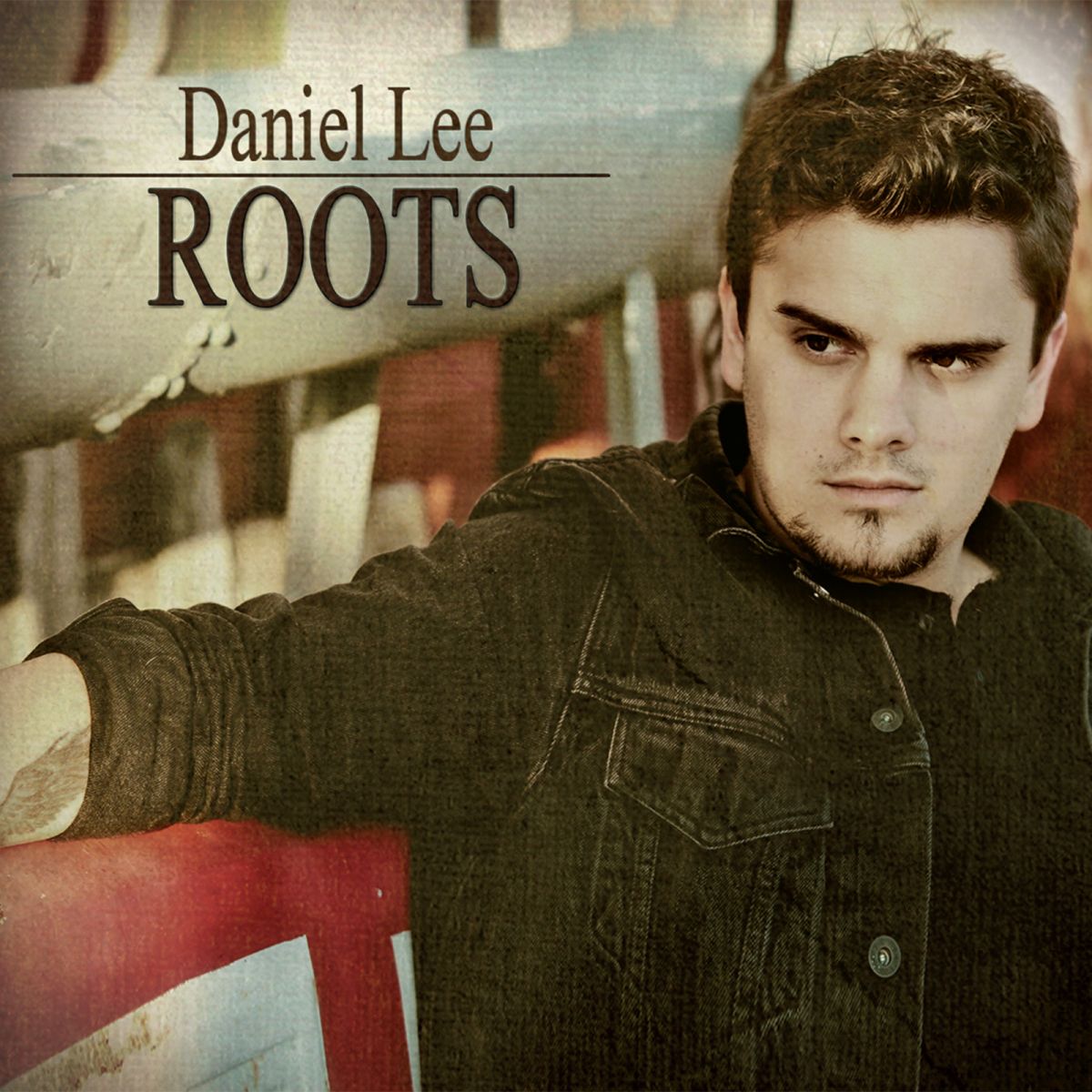UCN Interview: Glen Templeton – “I have lived my songs”
13 years ago Liv Carter 2

At a recent industry function to introduce Glen Templeton‘s new single, ‘I Could Be the One,’ I sat down with him for a quick chat about the new material. (you can find videos of his performance here) We made ourselves at home in the commodious writers room at Black River Entertainment and as Glen relaxed into the comfortable sofa, he started out by telling me about what attracts him to certain songs. “I’m an artist who likes to look for songs. I love great song quality,” he explained. “It doesn’t matter if I’ve written it, or if someone else has; I just love great songs! I love the ones that have good lyrical content, and I love good stories. There’s also the point where you love the song but you also love the hook behind the lyric. There’s a hook in the music and a hook in the lyric. Like The Beatles, Eagles. In country it’s Merle Haggard, Waylon Jennings, Conway Twitty. Those types of songs and those types of hooks really go together and paint a big picture.”
When an artist is this clear about what draws him in, the conversation will inevitably center around songwriting; one of my very favorite subjects. Country music has been described as ‘real stories about real people, the characteristic which got me hooked many years ago, so I was pleased to discover that Glen’s own songs exist within that description. The rest of the tète-à-tète went like this:
UCN: So you seek material that really fits together; the lyrics and the melody belong together.
GT: Yes, I love that! I’ve listened to so many good songs and it’s about finding that song that’s a song that’ not only a great song, but a great song for the artist who’s cutting it and will put his heart and soul into it. It has to be something they’ve lived by. I personally love music like that, songs that tell a story I’ve lived. Or, if I can write it, and I’ve lived it, I love music like that.
UCN: When you write, where do you start from?
GT: I start from melody, when I’m sitting around picking on the guitar. Every now and then I’ll hear someone say something that I think would make a good song so I’ll write it down. It’s not so much what you want to say, because almost every song has a distinct meaning that you’ve lived by. Those are the songs I feel like I can sing the best.
UCN: The real life connection is important? You need to find something in it that’s yours, even if you haven’t written it?
GT: That will give you your distinct sound. I’ve been asked before ‘what is your sound?’ For me, your sound comes from what kind of song it is, how you emotionally feel about it, how you can relate to it, if you’ve lived it. So, yes, that’s one of the things I look for in a song, ‘have you lived it?’ I’ve lived a lot… (laughs) I’ve had to cover a lot of ground in a short amount of time.
UCN: Do you co-write?
GT: I do, not as much now as I have.
UCN: What feels more comfortable to you? Especially if you write from real life, if you co-write it’s going to involve sharing very personal experiences with people you may have never met before the writing session.
GT: What feels more natural is getting a really good start on a song, having time to sit alone and think of what I want to say that day. Every day has a different feel to it. When I sit down for this, I have this mode I get into. My alone time is my time to get a really good start on a song. Then editing it, and making songs come full circle, that’s something I like to work on after I get it started. I like to explain where I want to go with it, play the verse or chorus and say ‘what can we build around this?’ In country music, a few of the same stories have been said a different way and I love that really unique way of saying what’s been said before. Like ‘I Could Be the One’; it’s just so lyrically different.
UCN: The phrases and rhymes in that song are great.
GT: Yeah, like rock hard headed fool/stubborn as a 4-H mule/hard to handle as your granddad’s tools/but I could be the one. It’s a play on words about how bad the guy is in some ways, but then with ‘I could be the one’ he says ‘I’m still a great guy on the other side’. When I heard it I thought ‘I could really sing that’. Because I’ve been on both sides of the spectrum! (laughs)
UCN: Watching the video just now, I thought ‘how much fun did you guys have with that!’ It just flies off the screen!
GT: We did have fun!
UCN: And like you said, the guy knows he has flaws but he still has that confidence in himself. He’s a full character and I like that.
GT: Well, thank you, I’m glad for that. Sometimes I have to hear a song three or four times before I ever really get it. But the only way I’ll live with it three or four or five times, is if it’s musically hooky, and then the lyric says as much as the hook does in the music.
UCN: I had that with ‘Countryboys for Life’. Firstly, the music and the words say the same thing. And second, I’m sure you know there’s a whole slew of these ‘I’m so country’ songs out there, and some of them kind of get on my nerves because they are all exactly the same. This one is different. It’s not ‘we’re driving down the backroads and we’re never gonna grow up’. In the bridge, you explain it as we all grew up and have families but we still remember and, inside, we’re still those same guys. And I thought ‘now this is a great song.’
GT: That is so awesome! That’s so awesome that you…let me ask you a question now; how many times have you heard that song?
UCN: Honestly, when you just played it, that was the first time I heard it.
GT: Wow! I’m here thinking ‘now wait a minute, this girl really listens!’
UCN: Ok, you’re making me blush now. I can’t help myself, the writing for me is important. I love it. And I will go look for the characters in the song and try to understand them, and if that’s not there, it can bother me.
GT: I am thoroughly impressed!
UCN: I recently had a discussion with someone about a song, which one is irrelevant, and I said the listener never gets to know the couple in the song, it’s just a generic couple and not full characters. The question I got was ‘well, does that matter?’ To me, yes.
GT: Of course! Sure it does!
UCN: That’s what I heard in ‘Countryboys for Life’. Real characters with real lives.
GT: That’s so awesome. And the real characters you’re talking about, are real guys. I could have said ‘Uncle John rides shotgun’ but I don’t have an Uncle John.
UCN: So I’m guessing the Spiderman in the lyrics, not Peter Parker.
GT: (laughs) I put all my bandmembers in the song, other than Camo Joe who is my cousin I grew up in Tuscaloosa. Ronnie Paul is my guitar player, Eddie is my drummer, Drew is our spiderman. I had a bassplayer before Drew whose name was Dave Webb, and that’s what the spiderman in the song refers to. But someone told us a story about Drew once, where he was climbing up a dorm wall at University of Tennessee, and a cop shined a light on him and said ‘come on down, Spiderman’. So he now perfectly fits the lyric too!
UCN: The real characters make the song real. It’s not just ‘let’s write this because that’s what radio wants right now’. You wrote this because you wanted to tell this story, which I think is a very important difference.
GT: Yes!
UCN: How technical do you get about writing? Do your rhyming schemes develop organically?
GT: Sometimes they do. They kinda of fall into place and you go ‘yes!’. Sometimes I really have to sit down and think about it, that alone time I mentioned before. That’s where I can really be descriptive about how I want to set the rest of the song up. A lot of writers and publishers look for a certain thing. There’s a lot of songs out there, some of them aren’t for me, where there’s a formula. It has to be verse-chorus-verse-chorus-bridge-chorus. I’m a fan if it, if it works.
UCN: Sure, if that’s what the song needs.
GT: Yes, if it needs it, but I’ve heard some that are verse-chorus-half a verse-chorus-chorus.
UCN: Well, a lot of the 8-bar blues stuff is written that way, and it’s fantastic.
GT: Yes, it’s fantastic and timeless. Country music, from just my personal opinion, is missing something. What I feel I have to give to country music is (pauses)…reality. I don’t want to be a certain formula. I just love great music and I’ve been inspired by so many different kinds of music. I’ve heard a great writer say ‘when you hear a great song, you’ll know it because it’s going to speak to, or better yet for, millions of people.’
UCN: That’s great.
GT: If you can speak for millions of people, you got a winner!
UCN: As you were searching for the word, when you said ‘what I want to give to country music is…’, I thought what I would put there is ‘authenticity’, because that’s what I saw today when you played.
GT: Good deal! I’m thrilled that you liked it. I’m thrilled that you are so focused on what a song is and you can pick up on it that fast. It’s so great that you really get all that. It makes me feel really…this is the first time that someone outside of my own circle said what you said, that my song has real characters and is a real story. It really, really means something to me that you said that!
UCN: With those country-party anthems that seem to say ‘we’re never gonna grow up’, I always wonder ‘Really? Do you really want that?’. To live a full life you need to move on from that, but it doesn’t mean you need to let go of those days and memories. All of this is in your song. It is really well-written.
GT: Thank you very much. That is so cool!
UCN: And thank you for your time today.
Liv Carter
She holds several certificates from Berklee College of Music, and a certificate in Positive Psychology from UC Berkeley.
Her main influences are coffee, cats, and Alexander Hamilton.
Latest posts by Liv Carter (see all)
- Well yes, racism, but it’s more complicated - February 13, 2017
- Black River Entertainment had a great reason to party! - October 25, 2016
- Keith Urban returns to the States for US arena leg of his “ripCORD WORLD TOUR 2016” - October 10, 2016




Pingback: Urban Country News » Glen Templeton – exclusive acoustic live performance()
Pingback: Urban Country News » Recommended: Glen Templeton Showcase Tomorrow, Oct 25, in Nashville()